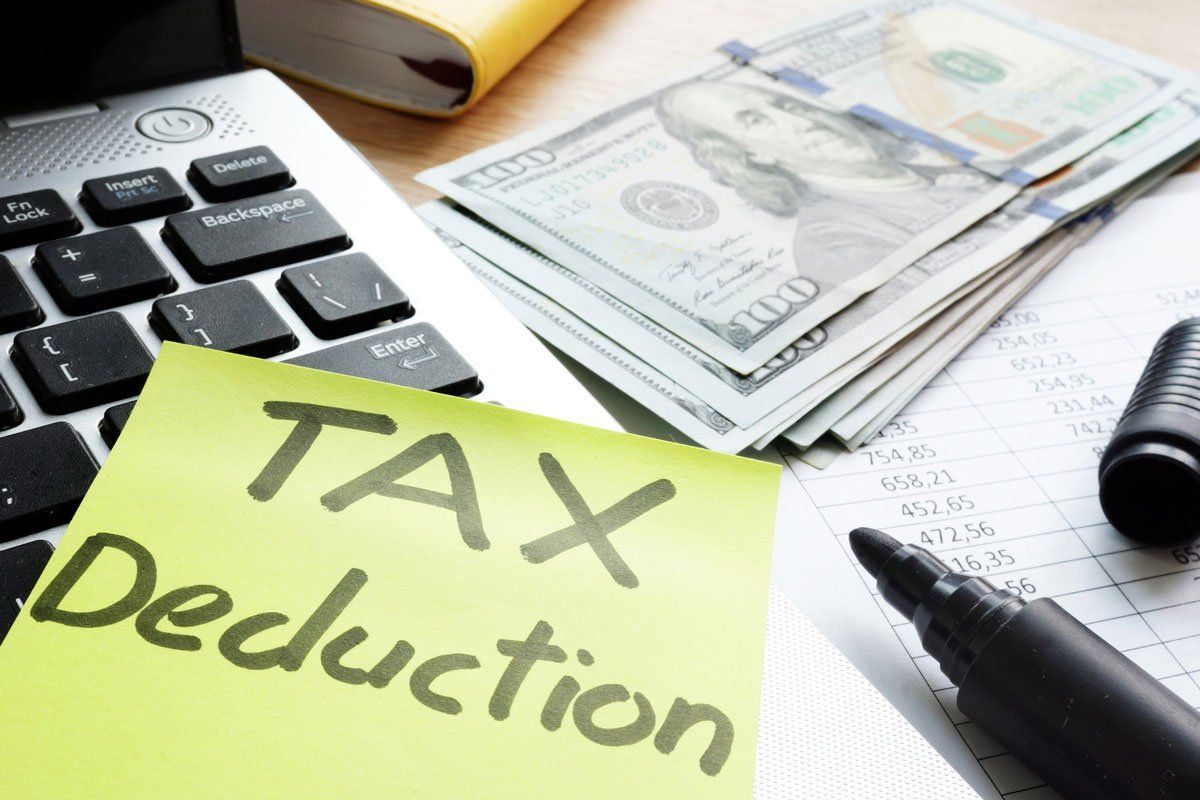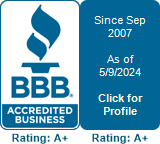Employer Gifts/Taxes | William and Associates Tax Services
- By Admin
- •
- 30 Dec, 2021
- •

The end of the calendar year means different things to different businesses. For some, it can be their busiest time of the year, filled with holiday shoppers and administrative tasks. For others, it's a slow time when employees tend to take the most time off with their families. But for nearly all businesses, it also means doing some gift-giving.
While giving gifts to employees and recognizing them in other ways is an important part of the season, employers must be careful to abide by tax rules in order to avoid causing trouble for themselves and their employees. What should you know about employee gifts and taxation? Here are some answers to your questions.
Are Employee Gifts Taxable?
Many employee gifts are taxable to the employee, especially if they involve some sort of cash or cash equivalent (such as a gift card worth a particular amount of money). This includes gift cards or vouchers given in lieu of a traditional gift provided by the company. These gifts are considered a form of compensation, and the employer is expected to include their value on the employees' Form W-2.
However, there are a few exceptions. A limited number of gifts can be given without tax consequences to employees. While your choices are more limited, the benefits can sometimes outweigh the limitations.
How Can You Make Nontaxable Gifts?
Giving taxable or nontaxable gifts is a decision for each employer to make themselves. Some companies choose to avoid taxable items in order to reduce the workload involved in tracking values and processing them through payroll. In addition, taxable gifts raise the employee's taxable income. Small gifts may not raise it much, but larger gifts can create more taxes for staff.
So, how can you prevent this? The primary way is to give gifts and recognition that qualify under the IRS's de minimis benefit rules. De minimis benefits are those which are of low value and not given on a regular basis. For most of these items, it's also not reasonably practical to track the value, and therefore, they can be exempted.
While one factor that makes de minimis benefits nontaxable is that they are of low value. Keep in mind that cash and cash equivalents generally do not fall under de minimis rules, no matter how large or small the value. This is because it is possible and reasonable to identify their value and track it for payroll purposes. And even in categories that normally fall under de minimis rules, gifts over $100 may not qualify.
What Are Common de Minimis Gifts?
The IRS publishes some examples of de minimis gifts so employers can apply this rule in their own business. These examples include the following:
- Holiday parties for employees as a whole
- One-time sports or theater tickets
- Low-value holiday or birthday gifts
- Occasional snacks, coffee, cakes, or doughnuts
- Occasional meals while working overtime
- Condolence or congratulatory baskets, flowers, or gifts
- Personal use of some business equipment
Notice a few common threads that can help you identify de minimis gifts on your own. They are generally of smaller value and don't have a cash value. Unlike standard compensation, they are given irregularly. And it may be impossible to determine the actual value per person, such as at a holiday party or for a company cake.
Where Can You Learn More?
As an employer, learning how to give taxable and nontaxable gifts will help you and your employees. But it can be complicated and the rules are not always clear. So the best place to begin is to consult with William and Associates Tax Services. We'll help you analyze your gift options, avoid unwanted tax effects, and find the best ways to show your employees you value them. Call today to make an appointment.











